
Project Zambia 2015
The school year at Northen Star Academy consists of six modules. The pupils start out with 'English and Communication' and the subject 'Sustainable Agriculture', where the pupils learn to grow crops in the immediate area around the school. From April, two new modules 'Health and Nutrition' and 'Community Development' will start. The year ends with 'Project Management & Entrepreneurship' and 'Science'. Read more about the content of the various modules below.
Postcard from Zambia
Exactly why a postcard from Zambia? Because this is where the school that Novicell supports is located. Recently, Novicell's director, Per Kirchner, was down for the first time to see the school and visit its students.
Here's his comments regarding his visit to Northern Star Acadamy, as the school is called - and his reasons for why it's a good project to support.
The first impression: A gem in the middle of nowhere
"This is going in the right direction" is my first impression when I set foot on the grounds of the school far up in the top corner of Zambia. With the bare fists and a good deal of will, a handball court, a football stadium, a volleyball court, and much more has been built since 2011.
The next initiatives are the Living Library - a floating library that sails between the villages - and a Preschool setup for the village's youngest.
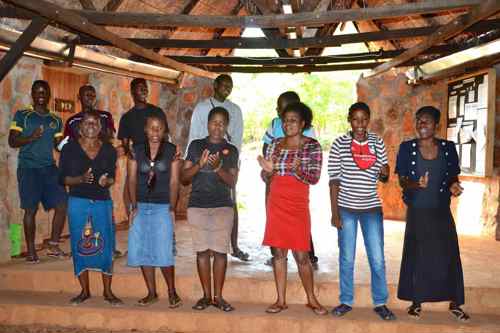
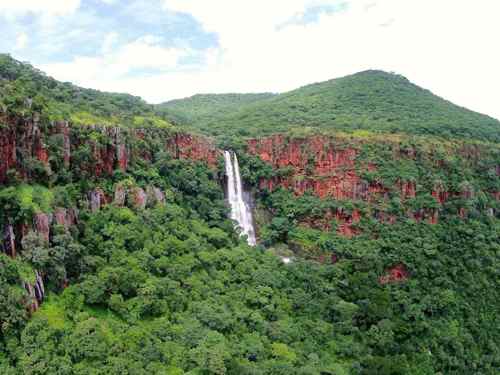
Yes, the small post-secondary school is a real gem and a good initiative in an area that is otherwise characterized by poverty. The fact that the average life expectancy is only 36 years alone says it all.
Only 1/3 of Zambian schoolchildren get more than 7 years of schooling. Since there are 14.5 million inhabitants of Zambia, it is about a lot of students who do not get further than the 7th grade.
After that, you have to pay for your schooling yourself, which very few families can afford. Therefore, only the most affluent can send their children through the system.
This is where Northern Star Academy steps in and picks up some of the Zambian students who would otherwise have been 'lost' in the education system.
Project Zambia - project 'new start'
Northern Star Academy is part of Project Zambia, as the Danish association Eventure is behind.
Each year, the school gives 50 students the chance to have a new beginning. After 30 weeks in an educational and developing environment, they are equipped to complete high school. So far the experiences has been good and the students from the school are doing well.
But the number that goes depends again on the help of sponsors. As it is now, unfortunately, it is almost only former volunteers who pay for the students' upper secondary education out of their own pockets, which costs DKK 3,200 per year.
That is why we support Project Zambia
You might be wondering how it all started - why Novicell came to support Eventure's Project Zambia exactly.
Fundamentally, we here in the House believe that it is appropriate to help the world to a slightly more equal distribution of benefits when you are a citizen or a company with a profit in a country like Denmark.
Why the choice fell on Project Zambia among other support projects is related to the fact that Eventure is a newly started, enthusiastic association. It is clearly felt that the people behind the association really mean it; there is spirit, will and innovation, and we like that.
Speaking of new thinking, my visit to the school has just given rise to a new project: the building of an IT house, where students can try their hand at the most basic aspects of software development, image editing, video, etc.
The idea is that those of the house's employees who want to can take a week out of the calendar in April and hop on a plane to Zambia to help realize the project.
Only your creativity sets limits to what can be done and how you can support as a company. Novicell itself provides ongoing donations and sponsorship funds such as for the new IT room.
Are ball games the recipe for happiness?
One of the things that has impressed me the most is how happy the students are despite their situation: they dance, smile, sing and play ball, all while educational tools like a computer are impossible to get near.
Should we learn a lesson from them? Definitely.
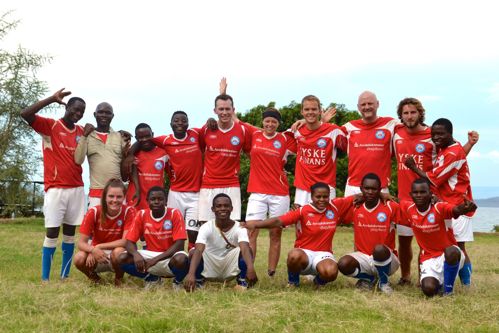
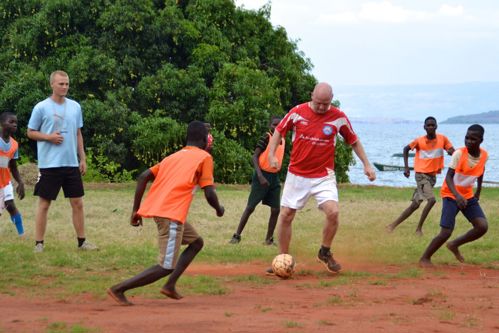
One day the secondary school invited the children of the neighboring village to come and compete in a football match. Here I got the feeling that the Zambian students play more ball than they play computer; they were extremely quick on their feet and put an aging man to the test.
Make a difference - send one more child to school
Not too long ago, the school held the 60 annual interviews, which determine who the school admits for the next school year.
To be precise, it was Sunday, November 21st, when 60 potential new students were interviewed after being found through a major screening process, based on postings in the villages and subsequent 150 interviews.
It's a big job that only ensures that a fraction of the school children progress in the education system - but for the students who start school, it makes all the difference.
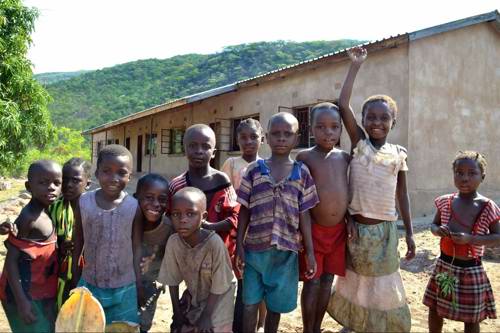
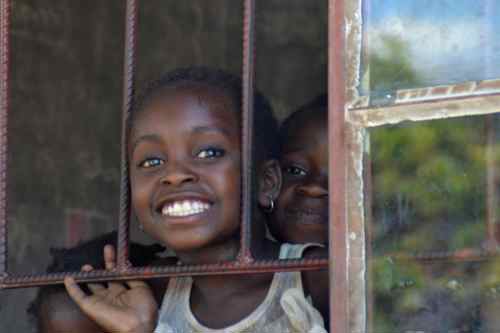
In fact, there are many children who don't even go to school in Zambia. For example The school in the neighboring village of Northern Star Academy was destroyed in 2005, while a new one is still not ready.
In addition, schooling is by no means a self-consequence, so there is a very good reason to help the many Zambian children and young people get an education. Do you want to help?